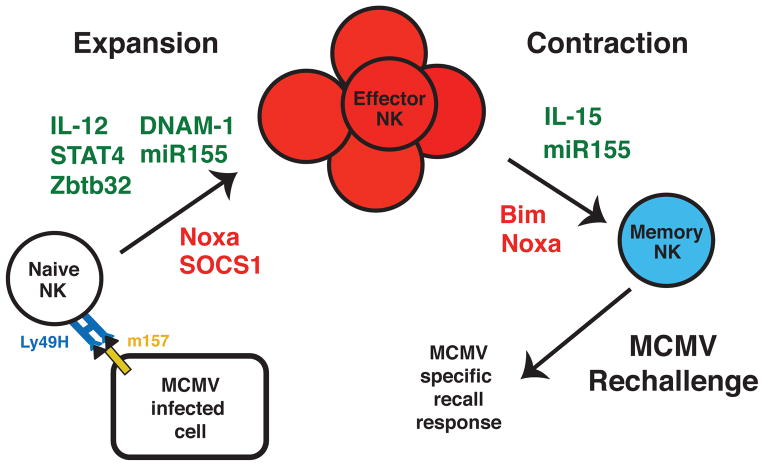Figure 1. Mechanisms of NK cell memory formation.
During MCMV infection, naïve NK cells that express the activating receptor Ly49H recognize the virally encoded glycoprotein m157 on the surface of MCMV-infected host cells, resulting in the robust activation and proliferation of antigen specific NK cells. This process is critically dependent on pro-inflammatory IL-12 signaling through STAT4 and Zbtb32, and co-stimulatory signaling through the activating receptor DNAM-1. During clonal proliferation, antigen specific NK cells maintain viability by increasing the expression of miR155 to antagonize the pro-death factors Noxa and SOCS1; however, at the peak of virus-driven expansion, effector NK cells undergo BIM-mediated cell death to form a stable pool of long lived memory NK cells in a process that depends on endogenous IL-15. MCMV-elicited memory NK cells can respond robustly to secondary challenge with MCMV, but are less responsive to heterologous infection.

